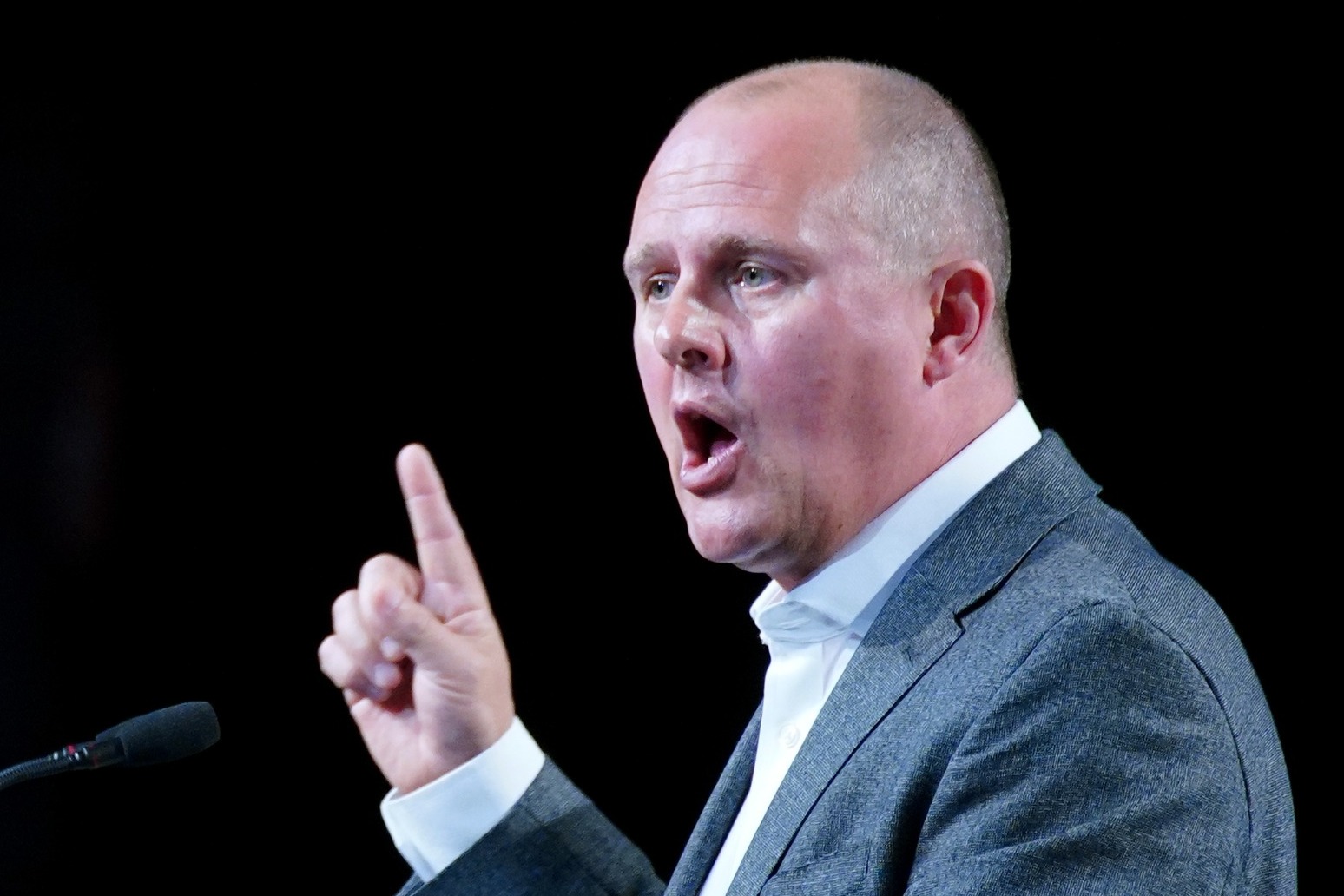





In a rallying call for change, TUC general secretary Paul Nowak has declared 2025 as a 'year of delivery' for workers in the UK, emphasizing the urgent need for tangible improvements in job quality and living standards after 14 years of Conservative governance. Nowak's statement comes in the wake of Labour's ambitious plan to overhaul workers' rights, which aims to address the shortcomings of the current government. He urged the government to prioritize the delivery of the Employment Rights Bill, which is expected to significantly enhance workers' protections and boost economic conditions for millions.
The proposed Employment Rights Bill, part of Labour's broader initiative, seeks to provide access to sick pay for all workers, eliminate zero-hours contracts, and enhance protections against unfair dismissal. This legislation is seen as a crucial step towards improving job security and living standards for approximately 10 million workers across the UK. Nowak's call for action aligns with Labour's objectives, as both parties recognize the pressing need to put more money into people's pockets and improve overall job quality.
A government spokesperson has responded to these calls, asserting that their plans will tackle low pay and enhance job security, claiming it represents the most significant upgrade of workers' rights in a generation. However, critics argue that more immediate actions are necessary to address the ongoing challenges faced by workers. As the political landscape evolves, the focus on workers' rights and economic improvement remains at the forefront of national discourse. [e80387cf] [bd139ab3] [77c0c891] [cf2a0d5c] [ead9819d] [b9078d21]